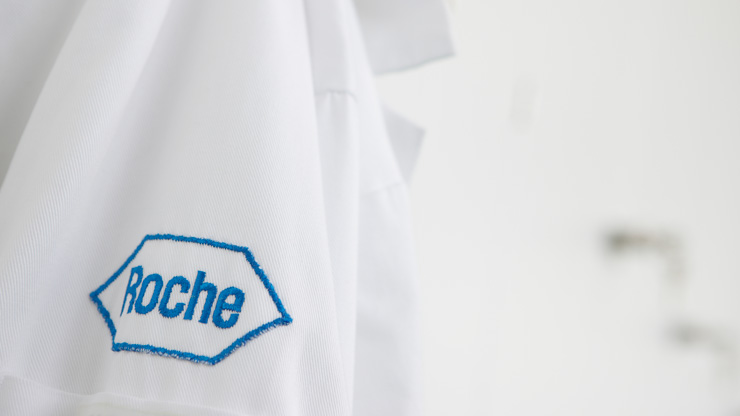Roche working “around the clock” to tackle UK test supply problems

Supplies of swabs for coronavirus and other critical NHS tests for diseases like cancer, diabetes and heart disease have been threatened by a failure at a facility operated by Roche.
The company said the problems – which also include other items like reagents and screening kits – have resulted from a switch to a new warehouse, which ironically is intended to make production quicker and more efficient through the use of automated processes.
The issues have led to a significant drop in processing capacity that could impact testing for two to three weeks – just as daily cases of coronavirus in the UK are continuing to escalate with more than 14,500 new infections reported yesterday.
Roche is one of the major suppliers of testing equipment for the NHS, with most of its materials for the UK market coming from a single distribution facility in Newhaven, East Sussex.
A BBC report says that at least one NHS trust has advised doctors to ration non-urgent tests and prioritise supply of swabs for coronavirus testing, and there are concerns some essential items could be out of supply within a few days.
North Devon Healthcare NHS Trust says it is expecting a delivery of swabs next week, adding if that doesn’t materialise it will have a big impact on its ability to carry out COVID-19 testing.
In an emailed statement, Roche told us that: "We deeply regret that there has been a delay in the dispatch of some products. We are prioritising the dispatch of [coronavirus diagnostics] and antibody tests and doing everything we can to ensure there is no impact on the supply of these to the NHS.”
The company adds that since then it has “worked around the clock to prioritise and manage orders as well as increase this capacity.”
It goes on: “As well as extending working hours, we have recruited extra staff and, where they can, our dedicated teams on the ground are working with customers to distribute products and minimise service disruption.”
Antibody test order
Roche’s issues affect the supply of swab tests used to detect if someone is currently infected with SARS-CoV-2, but there was better news on the supply of antibody tests that detect whether a person has been exposed to the virus in the past.
This week the UK government signed a contract with Abingdon Health for the supply of a million AbC-19 rapid antibody tests, which use a small drop of blood from a finger-prick and deliver results in 20 minutes without the need for a specialised lab.
The government said the testing kits will be used to “help build a picture of how the virus has spread across the country and further develop our understanding of how antibodies work.”
Antibody testing was trumpeted in March as the UK’s ticket to emerge from lockdown, but that view was soon undermined by the proliferation of tests that didn’t meet regulatory guidelines.
There are three main approved blood tests for COVID-19 in the UK – from Roche, Abbott and Ortho Clinical Diagnostics – but these require a full venous blood sample rather than a fingerpick and have been in limited supply, reserved mainly for healthcare workers.
That hasn’t stopped a myriad of companies from offering fingerprick tests – including claiming to be based on these technologies – directly to the public. against Public Health England (PHE) and Medicines and Healthcare products Regulatory Agency (MHRA) guidance.
Abingdon says its test has undergone an independent evaluation commissioned by the UK government that will be published in full in due course by PHE, after peer review.











